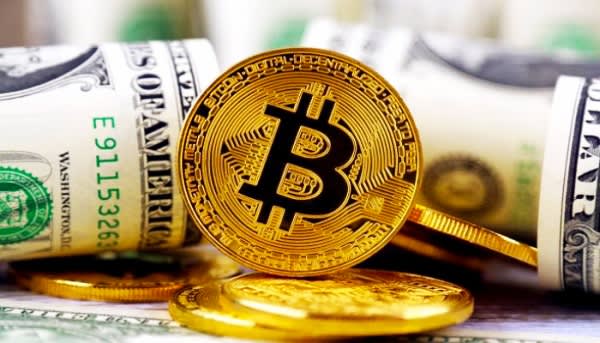The cryptocurrency Bitcoin witnessed an unprecedented increase, jumping by 2.6% to reach $109,730, breaking previous records.
This surge comes at a crucial time for the digital market, following a series of encouraging regulatory developments, including the progress of the Stablecoin Bill in the US Senate.
This bill, supported by both the Republican and Democratic parties, is expected to contribute to improving the regulation of the digital currency industry.
With significant progress in legislation, Michael Novogratz, the founder and CEO of "Galaxy Digital," pointed out that support from the Trump administration has greatly fueled this momentum.
He also indicates that this support enhances optimism in the market, with attention turning to Bitcoin as a safe haven amid economic concerns such as the US financial deficit and massive debts.
Amid this momentum, investors have started building buying positions on Bitcoin, as data shows that Bitcoin futures contracts have increased by 23% since their lowest point in April.
In parallel, investors poured $3.6 billion into Bitcoin funds traded on the US stock exchange in May, highlighting the growing interest in this digital asset.
Bitcoin has also risen by 17% since the beginning of the year, outperforming most high-risk assets like US stocks, while the Nasdaq 100 index has experienced a slight decline.
Part of this outperformance is attributed to large investments from companies like "MicroStrategy" led by Michael Saylor, which spent over $50 billion on purchasing Bitcoin.
In this context, new opportunities have emerged for investors through convertible bond offerings and preferred stocks offered by Bitcoin mining companies and others.
A subsidiary of "Cantor Fitzgerald," in collaboration with "SoftBank Group," plans to launch "Twenty-One Capital" to expand its activities in this field.
This record increase in Bitcoin comes at another exciting time, as Trump plans to meet with major cryptocurrency holders at a dinner near Washington.
This move has sparked controversy regarding conflicts of interest, as some experts believe it may open the door to the president benefiting directly from profitable transactions.

